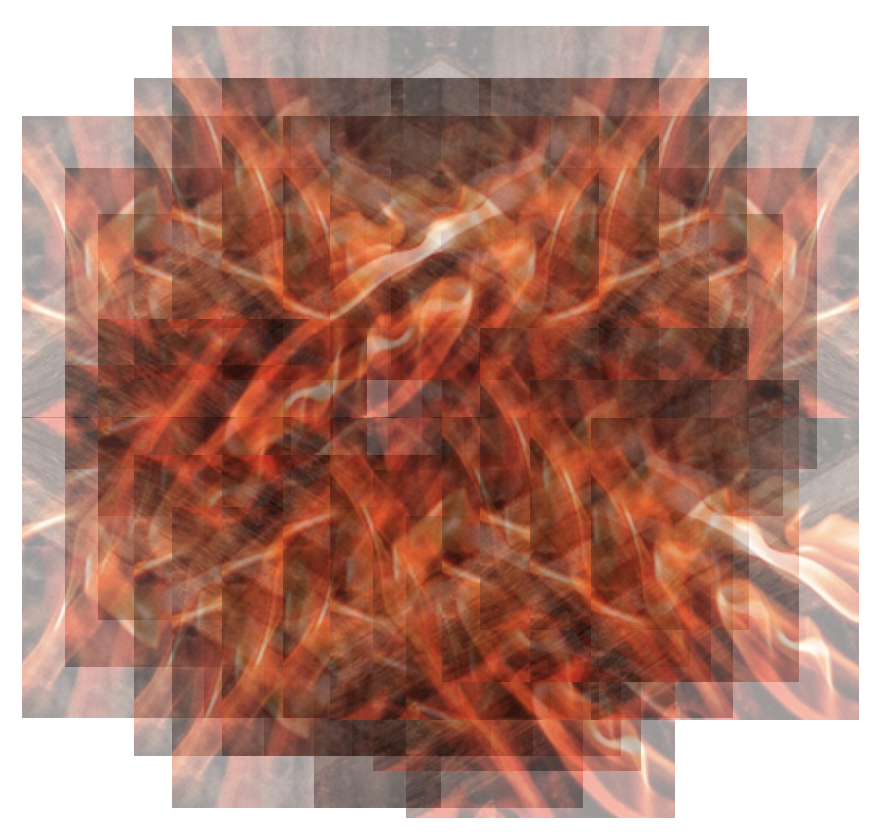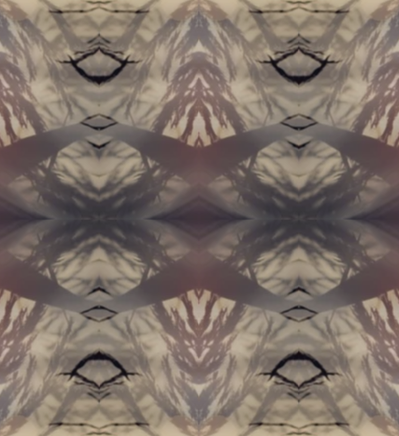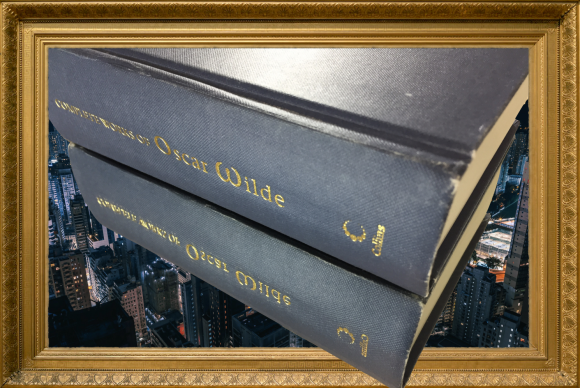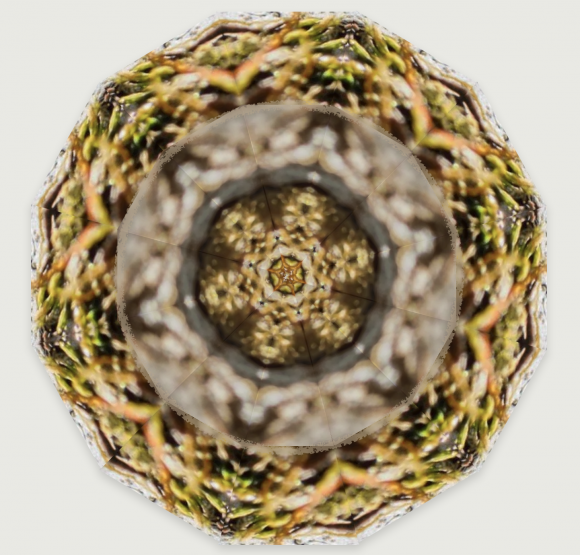Jung outlines the path of the individuation process in several of his works, and it is instructive to reconstruct his line of thought in each of these. For generally, in passages like that Jung’s thinking is concise and rigorous: it has the quality necessary for theory formation or development of ideas. (In contrast, once he launches into what he calls “amplification”, his texts become amorphous, long strings of arbitrarily sequenced details, perhaps somewhat thematically grouped, but in any case connected merely by the “anything goes” of analogy or similarity as it appeared to him at the time.)
Now statements even in these rigorous lines of thought fall into different buckets. Some are widely shared premises (shared, that is, at least within the tradition in which Jung was writing, i.e. that of psychoanalysis, analytical psychology, or depth psychology, as it was emerging); some are plausible or common-sensical assumptions; some are theoretical conjectures of his own (typically proposed in order to make sense of some casuistic material from his own psychotherapeutic practice); and finally, some are inferences drawn from a combination of all those.
Jung doesn’t always clearly distinguish between these types; but when he does, it typically results from the genre of text he is writing, and his intended audience. For example, if he starts an essay or a lecture with a historical reconstruction of the thinking in his field — if he explains Freud’s and Adler’s findings, as in the first of the Two Essays (GW VII) — he does carefully point out which statements are shared premises in the field (and why). Likewise, when he defends one of his own ideas against “critics” and “objections” (which he almost never names and cites, but typically just alludes to), he frequently explains them as hypotheses that are designed to account for case material he has assembled from his practice. (He mostly refers to this as “empirical” or based on “experience” — which isn’t entirely wrong, but misleading, for the experience in question is not objective, scientific empirical data, but the subjective judgment of a single therapist). However, once Jung’s passages leave these contexts, we’re on our own: he no longer makes explicit which of his statements are premises, assumptions, hypotheses, or inferences.

1. The first, and most widely shared, idea he states is of course that of an unconscious element in the psyche. In the first of the Two Essays, Jung spends several chapters tracing it through the tradition, beginning with Freud and Adler. But almost every other outline of the individuation progression starts with a reference to that idea, too:
Die Beziehung zwischen dem Bewußtsein und dem Unbewußten einerseits und dem Individuationsprozeß andererseits sind Probleme, welche im späteren Verlauf einer analytischen Behandlung sozusagen regelmäßig auftreten. Unter “analytisch” verstehe ich jedes Verfahren, das sich mit dem Vorhandensein des Unbewußten auseinandersetzt. Für ein suggestives Verfahren dagegen besteht diese Problematik nicht. (GW IX/I, §489; my emphasis)
Implicitly, then, this idea is taken as a generally shared premise, if not in the whole of psychology, then at least in the tradition from within which Jung is writing (i.e., psychoanalysis, analytical psychology, depth psychology, …).
Even where he launches more directly into his more specific ideas, the primary vantage point is always the psychology of the unconscious. Thus the very first sentence of Aion (which begins with a recapitulation of the progression, spanning multiple chapters) reads:
Die Beschäftigung mit der Psychologie des Unbewußten hat mich mit Tatbeständen konfrontiert, welche die Aufstellung neuer Begriffe erfordern. (GW IX/II, §1; my emphasis)
Given this basic premise, from here on it gets a little more varied.




[…] [This continues an earlier line of thought.] […]
[…] [This post begins to work through a program outlined earlier.] […]
[…] So far, we have seen that Jung explicitly assumes, as a basic premise shared in his tradition, that psychology must cover both consciousness and the […]